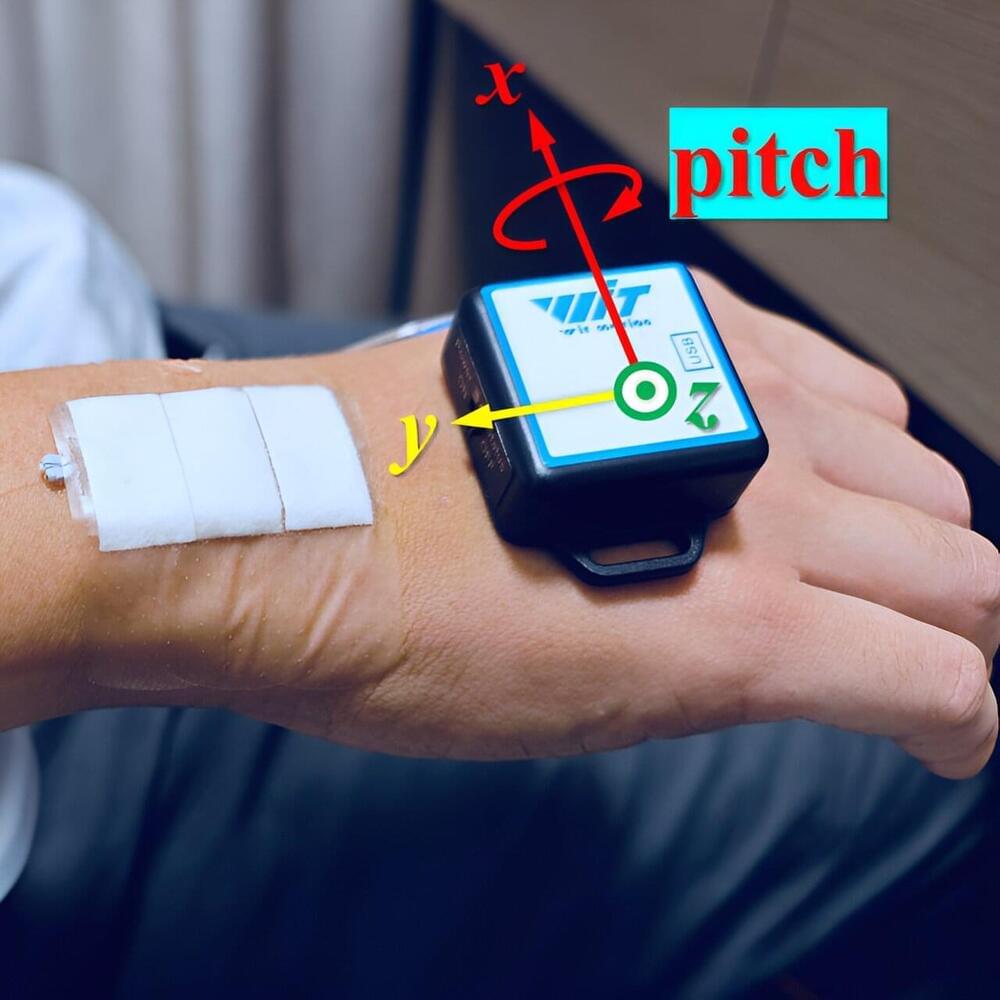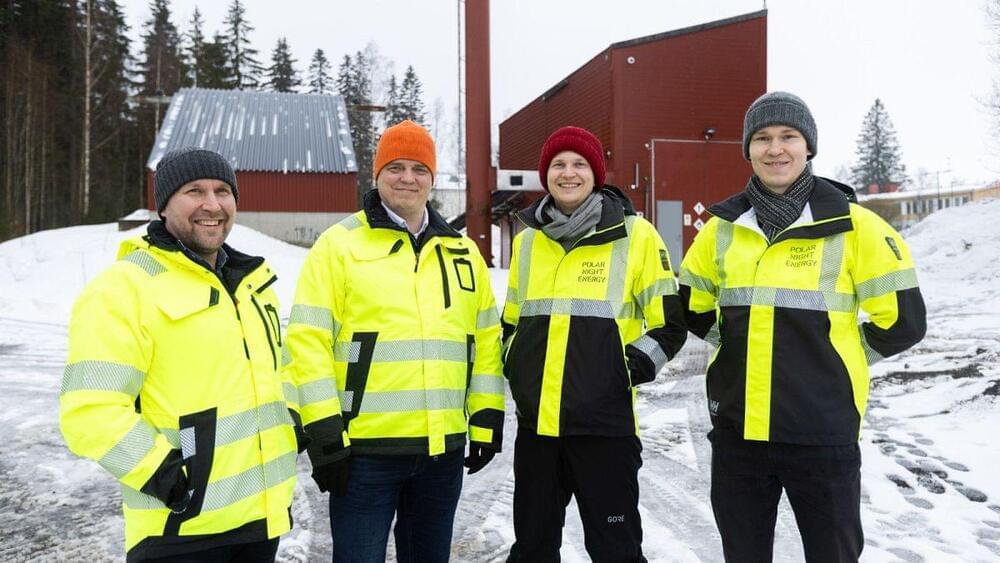Imagine wearing a thin flexible sticker that can turn your hand or finger movement into communication without you having to say a word or tap a touch screen. Researchers have developed a new type of wearable sensor that can accomplish this futuristic feat and could open new possibilities for rehabilitation applications and help those with disabilities to communicate more easily.
The new sensor combines a soft and flexible material called polydimethylsiloxane, or PDMS, with an optical component known as a fiber Bragg grating (FBG). The researchers designed it to be comfortable for long-term wear while also having the ability to detect movements with high accuracy.
A paper describing this technology is published in the journal Biomedical Optics Express.








